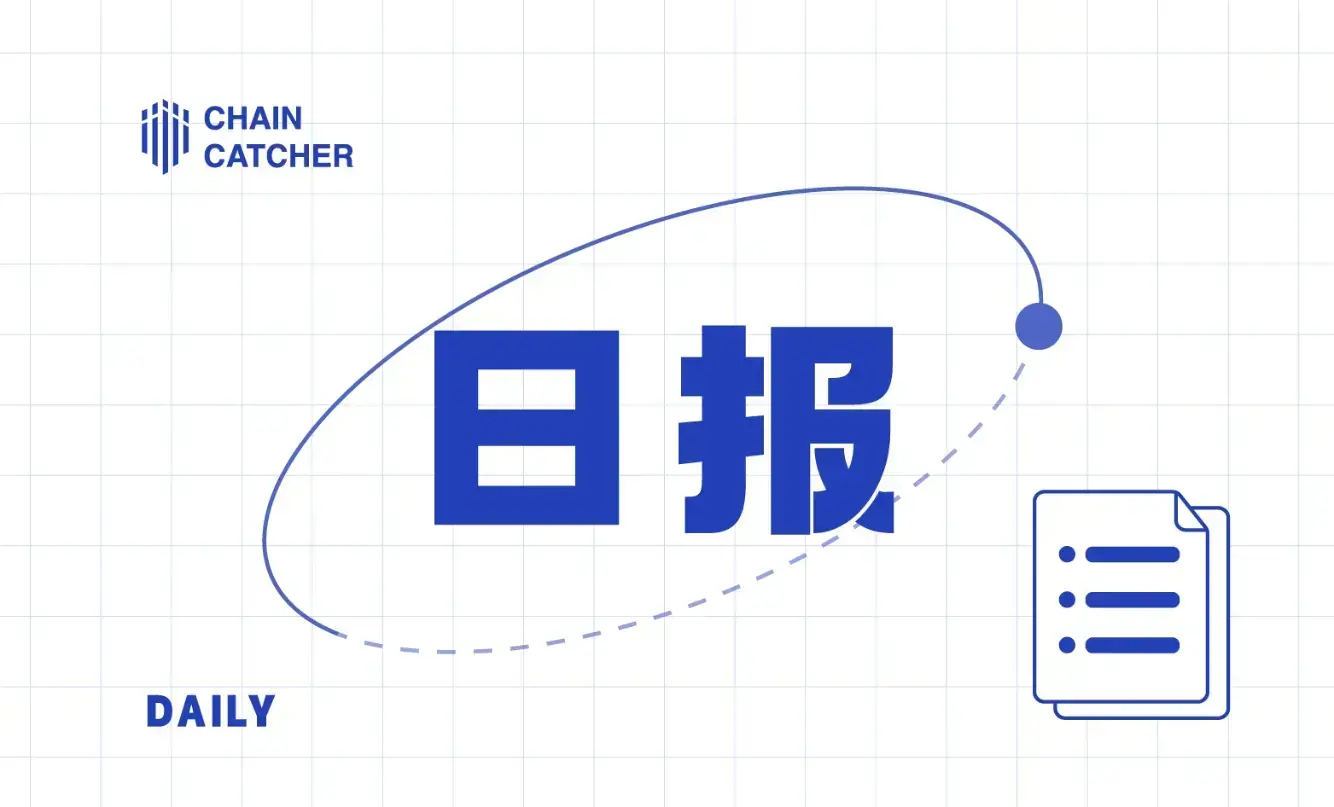From the Snapshot data, the governance performance of mainstream crypto projects shows that Sushi and Gitcoin are relatively better, while most projects have an average number of voting addresses below 500
Author: Richard Lee, Gu Yu
Data Organization: He Li, Richard Lee
Decentralized governance is gaining increasing attention amidst the waves of DeFi, NFTs, and new public chains, but how is the actual governance quality of various projects? Based on data from the most commonly used governance voting platform for crypto projects, Snapshot, Chain Catcher has compiled governance data from over 35 well-known projects across three dimensions, with projects like Sushiswap and Gitcoin showing relatively good governance performance.
The data in this article mainly comes from three metrics on Snapshot: first, the number of members. Snapshot provides an option for all Ethereum addresses to "join" specific projects, and the number of members reflects the attention and preference of Snapshot users towards a project; second, the number of effective proposals (within the last three months), which can reflect the project's emphasis and application of decentralized governance; third, the average number of voting addresses, which indicates the average number of addresses participating in effective proposal voting over the last three months, reflecting the community's governance participation activity. The data collection deadline was 9 PM on October 25.
It should be noted that projects like MakerDAO, Compound, and Synthetix do not use the Snapshot universal platform for governance voting but have their own independent voting platforms that support delegated voting mechanisms. Therefore, this article only counts the number of proposals for these projects, while the number of members and average voting addresses are not included in the statistics.
1. Number of Members

According to the number of members displayed on Snapshot, Sushiswap (3240), Gitcoin (2840), Uniswap (2680), Bankless DAO (1970), and ENS (1870) rank in the top five, with Proof Of Humanity and Aavegotchi emerging as dark horses among relatively lesser-known projects.
Aavegotchi is a gamified DeFi project that combines features like collateral, collectibles, and bidding, built on the Aave ecosystem. Proof Of Humanity is a human social identity verification system on Ethereum, planning to combine trust networks, reverse Turing tests, and dispute resolution systems, using a social verification registration system to establish a publicly participatory and truly democratic voting governance system.
In terms of quantity ranges, there are 3 projects with over 2000 members, 11 projects with between 1000 and 2000 members, and 12 projects with between 500 and 1000 members.
2. Number of Effective Proposals

In terms of the number of effective proposals, Bancor (73), Index (72), Fei (31), Aave (33), and Rari Capital (29) rank in the top five, all with over 29 proposals. However, except for Aave, the average number of voting addresses for the other four projects is below 60, which reflects that an excessive number of proposals may lead to a decline in community voting enthusiasm.
In terms of quantity ranges, most projects have proposal counts between 5 and 15 over the past three months, while projects with an average number of voting addresses above 500 also mostly have proposal counts between 5 and 10. Among well-known DeFi projects, The Graph, dYdX, yearn, and 1inch have relatively few proposals, all not exceeding 2.
For comparison, we also collected the proposal counts from the governance platforms of Compound, MakerDAO, and Synthetix over the past three months, which are 55, 13, and 30 respectively.
3. Average Number of Voting Addresses

In terms of the average number of voting addresses, ENS (3289), Sushiswap (1014), Gitcoin (787), dYdX (670), and Aavegotchi (607) rank in the top five. However, considering that ENS has only 1 proposal ("Vote for the Most Loved Project at the ENS Workshop") and explicitly states that it will issue POAP badges to voters, its data is not representative, thus Sushiswap can be seen as the project with the highest community activity within the statistical scope.
In terms of quantity ranges, there are 6 projects with an average number of voting addresses above 500, and 15 projects with between 100 and 500 addresses. Among relatively well-known projects, BitDAO, PancakeSwap, Fei Protocol, and Curve Finance have fewer average voting addresses, all below 100 addresses.
4. Summary
Overall, projects with better governance performance include Sushiswap, Gitcoin, Bankless DAO, Aavegotchi, and Uniswap, all ranking in the top 10 of at least two vertical lists.
Among them, Sushiswap ranks in the top 2 for both the number of members and average voting addresses, reflecting that the project's community has a relatively good decentralized governance effect. As an early community-driven project, Sushiswap forced its developer team to abandon plans for discounted financing through extensive community discussions and pressure in July this year, making its leading community governance level unsurprising.
Gitcoin plays an important role in allocating public funds as a community gathering crypto developers, thus its governance mechanism operates at a level ahead of most DeFi projects. Bankless DAO, originating from the crypto media Bankless, encourages community members to collaborate online and contribute in areas such as research, translation, marketing, and operations, making it one of the most influential DAO organizations currently.
However, from the data, it can be seen that most crypto projects currently have an average number of voting addresses below 500, far below the number of token holders and product users, and the proposal counts of some well-known projects are also noticeably low, reflecting that decentralized governance in the crypto industry is still in a very early stage, requiring further efforts and promotion from all parties in the industry.
Previously, Ethereum founder Vitalik Buterin also wrote that token-based voting decentralized governance mechanisms have exposed many issues, such as small holders lacking motivation to participate in governance, only token holders being able to participate in governance while ignoring other roles, and the potential for bribery and malicious exploitation.
At the same time, he believes that token voting should not be the only legitimate form of decentralized governance power, and proposed four solutions, which can be detailed in “Vitalik: Token Voting Should Not Be the Only Legitimate Form of Decentralized Governance Power”.
Appendix: Detailed Governance Data of Some Projects


(Feel free to add WeChat ID gnu0101 to join the Chain Catcher group chat)










